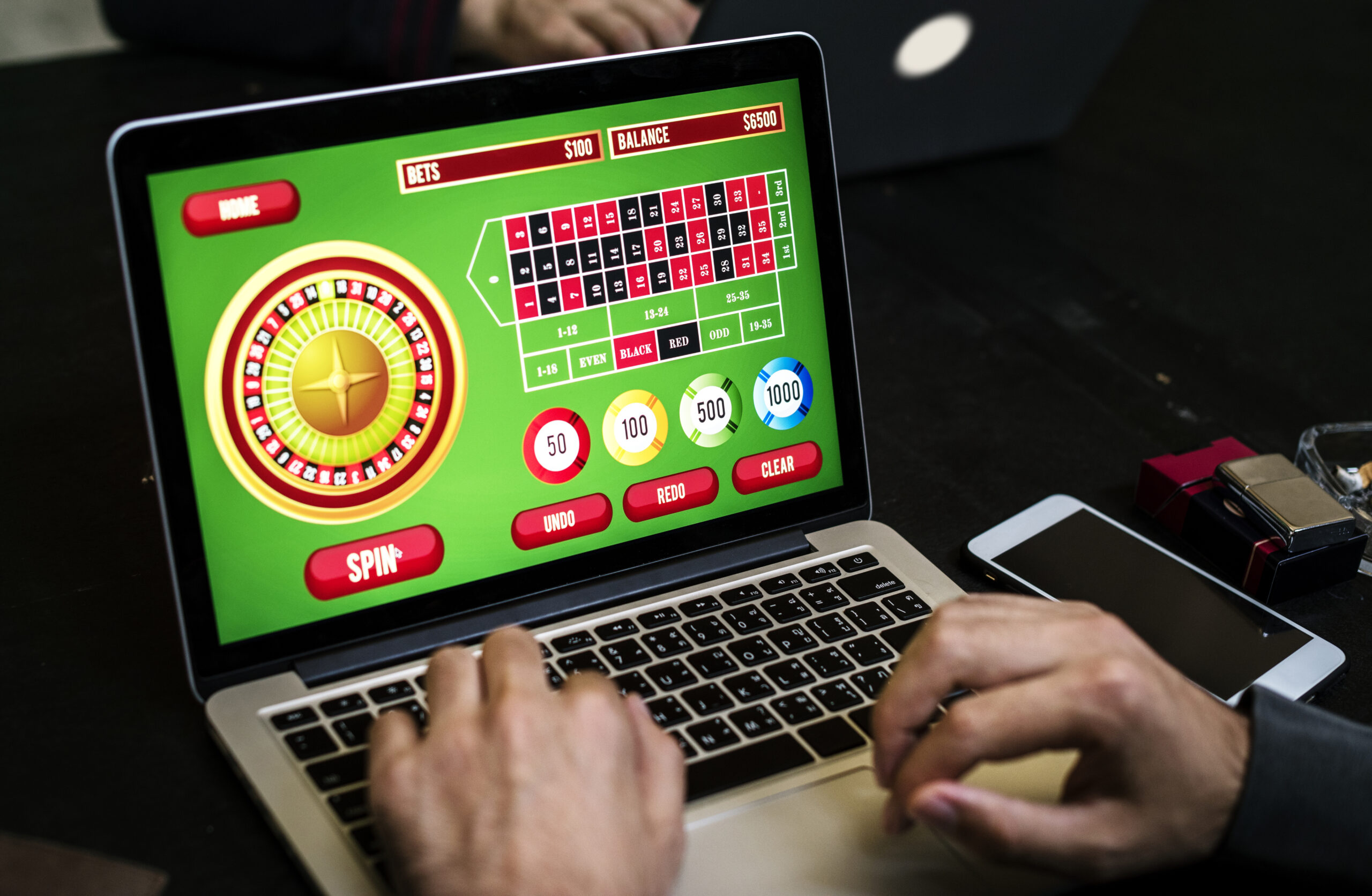The global online gambling market has exceeded $100 billion, and every click in a virtual casino can cost more than it seems. Understanding how to protect yourself in an online casino turns the game from blind risk into a controlled process. Financial security here relies on specific steps: checking licenses, analyzing software, evaluating the provider’s reputation, and knowing fraudster methods.
License as the First Risk Filter
Any strategy on how to protect yourself in an online casino starts with checking the license. Legal operators publish the permit number on the main page of the site. The most authoritative jurisdictions are the United Kingdom (UK Gambling Commission), Malta (MGA), Curacao (Curacao eGaming). These regulators verify the operator’s finances, control the Random Number Generator (RNG), and ensure the protection of players’ deposits.
Licensed platforms use certified software, and their server connects to secure channels. The check takes minutes: go to the regulator’s site and enter the license number.
Technical Analysis Helps Combat Fraud
Understanding how to protect yourself from fraud in an online casino requires checking basic technical parameters. Script software is often found on illegal platforms: such systems do not pass audits, and the RNG can produce programmed results.
Reliable software is provided by trusted providers: NetEnt, Playtech, Microgaming, Pragmatic Play. The brand’s reputation is confirmed by eCOGRA or iTech Labs certificates. eCOGRA publishes reports indicating the average RTP (Return to Player) — the percentage of return to players. A value below 92% often signals manipulations.
Casino Fairness: Algorithms and Audits
To understand how to check the fairness of a casino, you need to evaluate two aspects: the operation of the RNG and the transparency of audit reports. Legal operators provide results of independent checks. eCOGRA, GLI, and Gaming Associates test RNGs and publish data on RTP stability.
Fair platforms store data on a dedicated server, use SSL encryption, and openly display the history of significant payouts. In case of a conflict, the regulatory body, such as the UK Gambling Commission, reviews complaints and refunds money in case of proven violations.
How to Protect Yourself in an Online Casino: Key Principles of Safe Gaming
Effective risk management forms a solid foundation for financial and information security. Systematic control of each stage of the game helps avoid hidden traps and maintain fair winning conditions.
The fundamental strategy on how to protect yourself in an online casino is based on a systematic approach:
- Check the license and permit number on official regulator sites.
- Analyze software and provider, avoiding scripted games.
- Study RTP and eCOGRA reports.
- Use only secure payment methods for deposit and withdrawal of winnings.
- Undergo verification and confirm data before playing.
- Review bonus terms and do not trust unrealistic offers.
- Monitor reviews on independent resources and check reputation.
Applying these rules helps minimize financial risks and avoid manipulations by dishonest platforms. This approach allows playing safely, maintaining control over funds and personal data.
Verification and Authenticity of Slots and Software
Deep analysis helps understand how to protect yourself in an online casino at the level of specific games. An authentic slot displays the provider’s name and a link to the license. Original games connect directly to the developer’s server, not to a local copy on the site.
The RTP indicated on the information panel should match the manufacturer’s data. Discrepancies often indicate forgery. Bonus mechanics, frequency of free spins, and connection stability also help detect counterfeit software.
Combatting New Scam Schemes
Modern fraudsters constantly come up with new ways to deceive, masking illegal platforms as reliable services. To avoid losing money and personal data, it is important to understand how such schemes work and recognize them in time.
Understanding how to protect yourself in an online casino includes studying popular schemes:
- Scamming through bonuses. Unrealistic wagering conditions with hidden limits are offered.
- Fake applications. Programs mimic well-known brands but transfer deposits to scammers.
- Fake support. False support requests card details for “verification.”
- RTP manipulations. Scripted game versions reduce winning chances by replacing the RNG.
- Fake licenses. Counterfeit certificates without confirmation on the regulator’s site.
Knowledge of these methods helps identify a dangerous platform in advance and refrain from playing on dubious resources.
Verification and Financial Security
Financial protection is another important aspect of how to protect yourself in an online casino. The verification process (KYC) confirms the player’s identity and blocks scam attempts. Legal platforms require passport details, address confirmation, and card information.
Deposits are protected by reliable payment systems and SSL encryption. If an account is blocked, the player can seek help from the regulator. Transaction data is recorded, and withdrawal of winnings is possible only after successful document verification.
How to Protect Yourself in an Online Casino: Conclusions
Understanding how to protect yourself in an online casino transforms gambling into a conscious process. A license, fair software, eCOGRA audit, and secure payments make the game reliable and safe. A player using these methods minimizes the risk of fraud and maintains control over money and winnings.
 en
en  ru
ru  de
de  ar
ar  es
es  nl
nl  hi
hi  fr
fr  it
it  pt
pt  el
el 
